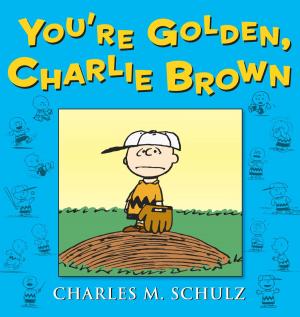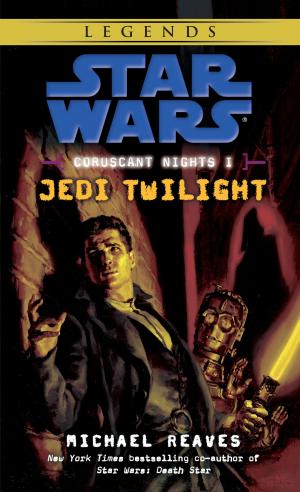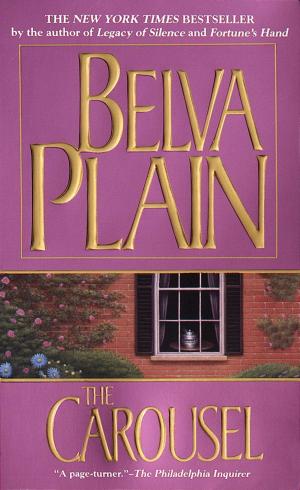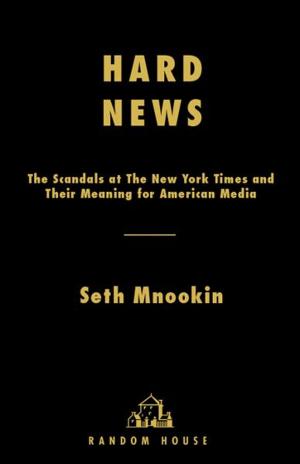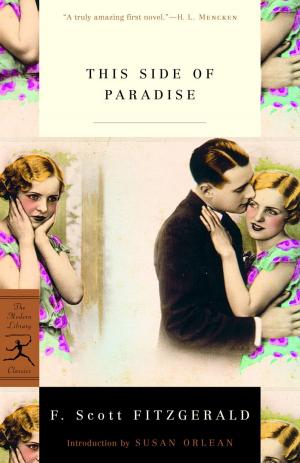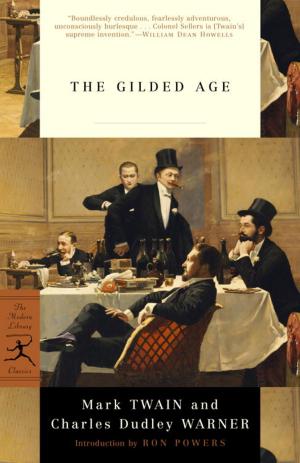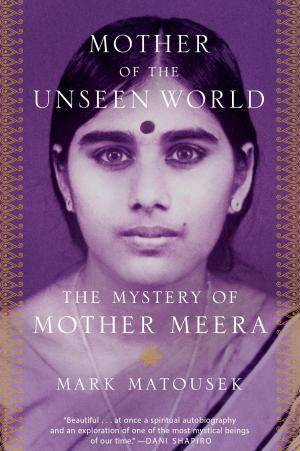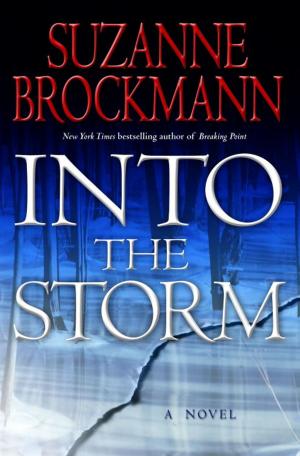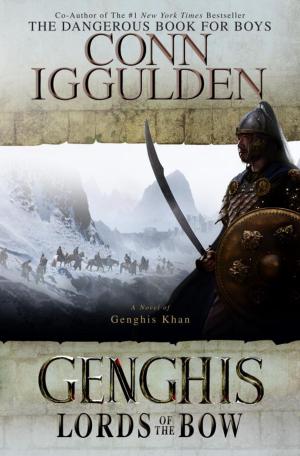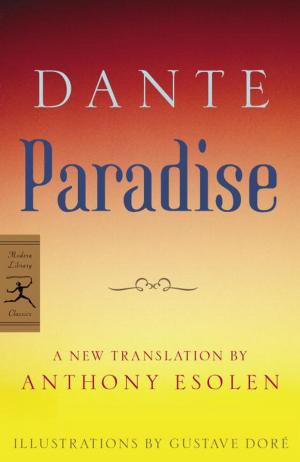Classic Spy Novels 3-Book Bundle
Night Soldiers, The World at Night, Kingdom of Shadows
Mystery & Suspense, Espionage, Fiction & Literature, Thrillers| Author: | Alan Furst | ISBN: | 9780812984170 |
| Publisher: | Random House Publishing Group | Publication: | May 14, 2012 |
| Imprint: | Random House | Language: | English |
| Author: | Alan Furst |
| ISBN: | 9780812984170 |
| Publisher: | Random House Publishing Group |
| Publication: | May 14, 2012 |
| Imprint: | Random House |
| Language: | English |
From Alan Furst, often compared to John le Carré, Graham Greene, and Eric Ambler, and praised as the best spy novelist ever, a trio of his classic works
Furst, known for panoramic vision, deep authenticity, and a magnificent eye for historical detail, always sets his novels in the twilight world of Europe in the 1930s and first years of World War II, when the British, Russian, German, and many other spy services fought it out in the alleys and grand hotels of Paris, Berlin, and other cities on the Continent. The three classic spy novels in this “read all night” eBook bundle will transport you to the dark conflict between fascists, communists, and the people who fought back against them.
Includes a preview of Alan Furst’s new novel, Mission to Paris—with movie stars, elite spies, and German political warfare—on sale in June.**
*** ***
“The writing in Mission to Paris, sentence after sentence, page after page, is dazzling. If you are a John le Carré fan, this is definitely a novel for you.”—James Patterson
** **
“I am a huge fan of Alan Furst. Furst is the best in the business—the most talented espionage novelist of our generation.”—Vince Flynn
NIGHT SOLDIERS
Bulgaria, 1934. A young man is murdered by the local fascists. His brother, Khristo Stoianev, is recruited into the NKVD, the Soviet secret intelligence service, and sent to Spain to serve in its civil war. Warned that he is about to become a victim of Stalin’s purges, Khristo flees to Paris. Night Soldiers masterfully re-creates the European world of 1934–35: the struggle between Nazi Germany and Soviet Russia for Eastern Europe, the last desperate gaiety of the beau monde in 1937 Paris, and guerrilla operations with the French underground in 1944. Night Soldiers is a scrupulously researched panoramic novel, a work on a grand scale.
THE WORLD AT NIGHT
Paris, 1940. The civilized, upper-class life of film producer Jean Casson is derailed by the German occupation of Paris, but Casson learns that with enough money, compromise, and connections, one need not deny oneself the pleasures of Parisian life. Somewhere inside Casson, though, is a stubborn romantic streak. When he’s offered the chance to take part in an operation of the British secret service, this idealism gives him the courage to say yes. A simple mission, but it goes wrong, and Casson realizes that he must gamble everything—his career, the woman he loves, life itself. Here is a brilliant re-creation of France—its spirit in the moment of defeat, its valor in the moment of rebirth.
KINGDOM OF SHADOWS
Paris, 1938. As Europe edges toward war, Nicholas Morath, an urbane former cavalry officer, spends his days working at the small advertising agency he owns and his nights in the bohemian circles of his Argentine mistress. But Morath has been recruited by his uncle, Count Janos Polanyi, a diplomat in the Hungarian legation, for operations against Hitler’s Germany. It is Morath who does Polanyi’s clandestine work, moving between the beach cafés of Juan-les-Pins and the forests of Ruthenia, from Czech fortresses in the Sudetenland to the private gardens of the déclassé royalty in Budapest. The web Polanyi spins for Morath is deep and complex and pits him against German intelligence officers, NKVD renegades, and Croat assassins in a shadow war of treachery and uncertain loyalties, a war that Hungary cannot afford to lose. Alan Furst is frequently compared with Eric Ambler, Graham Greene, and John le Carré, but Kingdom of Shadows is distinctive and entirely original. It is Furst at his very best.
From Alan Furst, often compared to John le Carré, Graham Greene, and Eric Ambler, and praised as the best spy novelist ever, a trio of his classic works
Furst, known for panoramic vision, deep authenticity, and a magnificent eye for historical detail, always sets his novels in the twilight world of Europe in the 1930s and first years of World War II, when the British, Russian, German, and many other spy services fought it out in the alleys and grand hotels of Paris, Berlin, and other cities on the Continent. The three classic spy novels in this “read all night” eBook bundle will transport you to the dark conflict between fascists, communists, and the people who fought back against them.
Includes a preview of Alan Furst’s new novel, Mission to Paris—with movie stars, elite spies, and German political warfare—on sale in June.**
*** ***
“The writing in Mission to Paris, sentence after sentence, page after page, is dazzling. If you are a John le Carré fan, this is definitely a novel for you.”—James Patterson
** **
“I am a huge fan of Alan Furst. Furst is the best in the business—the most talented espionage novelist of our generation.”—Vince Flynn
NIGHT SOLDIERS
Bulgaria, 1934. A young man is murdered by the local fascists. His brother, Khristo Stoianev, is recruited into the NKVD, the Soviet secret intelligence service, and sent to Spain to serve in its civil war. Warned that he is about to become a victim of Stalin’s purges, Khristo flees to Paris. Night Soldiers masterfully re-creates the European world of 1934–35: the struggle between Nazi Germany and Soviet Russia for Eastern Europe, the last desperate gaiety of the beau monde in 1937 Paris, and guerrilla operations with the French underground in 1944. Night Soldiers is a scrupulously researched panoramic novel, a work on a grand scale.
THE WORLD AT NIGHT
Paris, 1940. The civilized, upper-class life of film producer Jean Casson is derailed by the German occupation of Paris, but Casson learns that with enough money, compromise, and connections, one need not deny oneself the pleasures of Parisian life. Somewhere inside Casson, though, is a stubborn romantic streak. When he’s offered the chance to take part in an operation of the British secret service, this idealism gives him the courage to say yes. A simple mission, but it goes wrong, and Casson realizes that he must gamble everything—his career, the woman he loves, life itself. Here is a brilliant re-creation of France—its spirit in the moment of defeat, its valor in the moment of rebirth.
KINGDOM OF SHADOWS
Paris, 1938. As Europe edges toward war, Nicholas Morath, an urbane former cavalry officer, spends his days working at the small advertising agency he owns and his nights in the bohemian circles of his Argentine mistress. But Morath has been recruited by his uncle, Count Janos Polanyi, a diplomat in the Hungarian legation, for operations against Hitler’s Germany. It is Morath who does Polanyi’s clandestine work, moving between the beach cafés of Juan-les-Pins and the forests of Ruthenia, from Czech fortresses in the Sudetenland to the private gardens of the déclassé royalty in Budapest. The web Polanyi spins for Morath is deep and complex and pits him against German intelligence officers, NKVD renegades, and Croat assassins in a shadow war of treachery and uncertain loyalties, a war that Hungary cannot afford to lose. Alan Furst is frequently compared with Eric Ambler, Graham Greene, and John le Carré, but Kingdom of Shadows is distinctive and entirely original. It is Furst at his very best.

